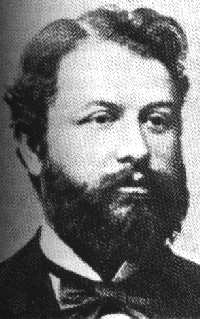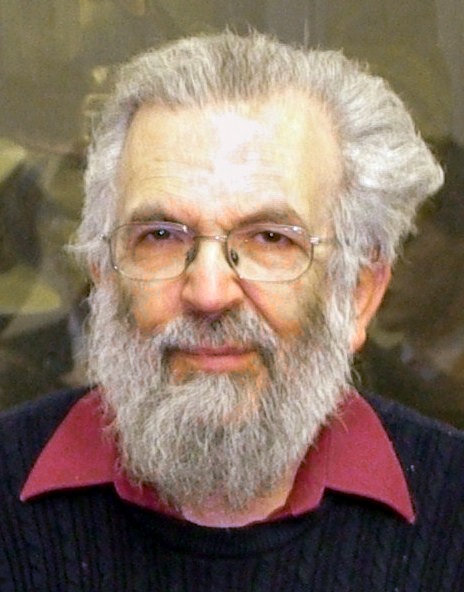Kelsen, Hans, 1881-1973
Enlarge text Shrink text- His Die Staatslehre des Dante Alighieri ... 1905.
- ספר: על מהותה וערכה של הדמוקרטיה, 2005.
- LCN
Hans Kelsen (; German: [ˈhans ˈkɛlzən]; October 11, 1881 – April 19, 1973) was an Austrian and later American jurist, legal philosopher and political philosopher. He is known principally for his theory of law, which he named the "pure theory of law (Reine Rechtslehre)", and for his writings on international law and theory of democracy. The "pure theory" provides general foundations for value-independent description of law. As an expert on constitutional law, Kelsen was the principal architect of the 1920 Austrian Constitution, which with amendments is still in operation. The rise of totalitarianism forced him out of Austria, then to Germany and to Switzerland and in 1940 to the United States. Although in 1934 Roscoe Pound lauded Kelsen as "unquestionably the leading jurist of the time", the pure theory was rarely understood in the United States and Kelsen was never given a permanent position in a law school. He was employed in the department of politics at the University of California, Berkeley from 1942 until official retirement in 1952. He then rewrote his short book of 1934, titled Reine Rechtslehre, into a much enlarged "second edition" published in 1960; it appeared in an English translation in 1967.
Read more on Wikipedia >
 Personality
Personality


 - Bust in the Arkadenhof, University of Vienna - 0290.jpg)




